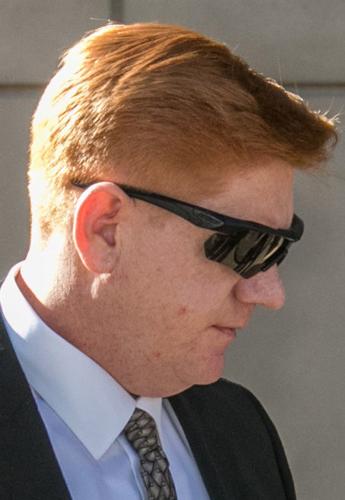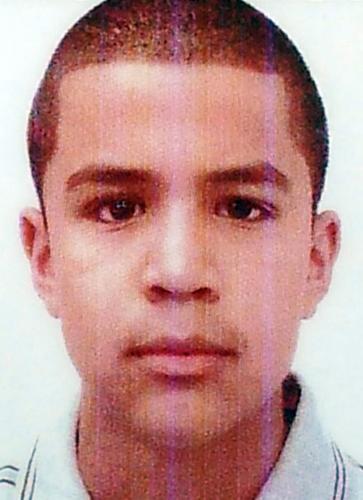The retrial of a Border Patrol agent accused of manslaughter will stay in Tucson, a federal judge said Monday.
News coverage of Agent Lonnie Swartz’s first trial, which ended in April with an acquittal on one charge and a deadlocked jury on two other charges, tainted the jury pool in Southern Arizona to such a degree that his retrial should be moved to Phoenix, defense attorney Jim Calle argued Monday in U.S. District Court in Tucson. Chief Judge Raner C. Collins denied his motion, saying it was “just a tad premature.”
Swartz is accused of shooting through the border fence in Nogales in 2012 and killing 16-year-old Jose Antonio Elena Rodríguez, a Mexican teen who was said to be among a group throwing rocks across the border.
Swartz was acquitted of second-degree murder in April, but the jury hung on charges of voluntary or involuntary manslaughter. His retrial on the manslaughter charges is to start Oct. 23 in Tucson.
Collins denied the request to change venues, but said he could reconsider the request if jury questionnaires show widespread prejudice against Swartz.
Earlier in the hearing, Calle said the news coverage of Swartz’s first trial was “persistent” and “pervasive” throughout Southern Arizona. Assistant U.S. Attorney Wallace Kleindienst countered that the first trial had “tremendous pre-trial publicity,” but the court still seated an impartial jury.
As evidence of “the kind of poison of bias that has been planted” among potential jurors in Southern Arizona, Calle pointed to Arizona Daily Star editorial page writer Luis Carrasco, who wrote an opinion column saying the defense engaged in “legal hairsplitting” in the first trial when it argued the first few shots fired by Swartz killed Elena Rodríguez, making the rest of the 10 rounds that struck the teen legally irrelevant.
Calle also quoted an opinion published after the verdict by Bishop Edward J. Weisenburger, head of the Roman Catholic Diocese of Tucson, that “authentic justice” was not achieved in the first trial.
“The greatest fear I have is these beliefs will weigh on them,” Calle said of jurors who may have heard Weisenburger’s opinion at religious services.
Collins asked if Calle’s office had monitored coverage of the first trial by news media in Phoenix. Calle said it was one-half or one-third of what it was in Southern Arizona.
Calle also said he was worried about Southern Arizona residents who would want to be on the jury with the goal of convicting Swartz. Collins asked how he could guard against that level of prejudice, and Calle suggested allowing defense counsel to monitor the social media pages of jurors .





